
Vitamin C is an essential vitamin for our body. Indeed, it has multiple properties essential to our good health. But what is vitamin C? What is it for? Which food supplements to choose? focus on vitamin C.
Vitamin C: what are we talking about?
Vitamin C or ascorbic acid is a vitamin mainly contained in fruits and vegetables. It is synthesized (manufactured) in the kidneys or liver of most mammals. Unfortunately, this is not the case. In addition, it is hydrosoluble (soluble in water), therefore, the body cannot store it; it is therefore naturally eliminated through urine. This is why having a balanced diet is very important. Because only this can provide us with vitamin C.
However, vitamin C is sensitive to air, heat above 190°, and light. Therefore, if you consume fresh fruit juice (orange juice), it is important to drink them quickly.
Did you know?
Ascorbic acid owes its name to the disease it causes in the event of a deficiency: scurvy. This disease was very common among sailors who could not consume enough foods rich in vitamin C.
His superpowers?
Vitamin C has several major roles in the proper functioning of the body. Indeed, it fights against fatigue, boosts immune defenses, brings emotional well-being, and has anti-oxidant properties (anti-free radicals).
But that’s not all, it also promotes the absorption of iron and the regeneration of vitamin E. Finally, it is involved in the synthesis of collagen, a protein essential in the healing process and the normal structure of many tissues. like bones, cartilage, blood vessels, skin…
Little bonus: In your cosmetics, vitamin C is an excellent anti-aging agent thanks to its anti-oxidant and radiance-boosting properties for your skin.
In what form?
Daily consumption for an adult is 110 mg/day. However, as said a little earlier in our article, our body cannot produce it. This is why it is essential to consume vitamin C daily.
Our tip: We indulge in fruits like oranges, sea buckthorn, acerola, and kiwi. Regarding vegetables, we favor raw vegetables such as red cabbage, peppers, and watercress. And rest assured, it is very rare to overdose on ascorbic acid. It is estimated that we should consume 2000 mg or 2 g of vitamin C per day. For example, one orange contains approximately 106 mg of vitamin C. That is to say, you should consume approximately 18 oranges per day. That makes them oranges!!
Finally, food supplements based on vitamin C exist to avoid deficiencies. You will have the choice between 3 types of vitamin C:
Synthetic vitamin C
Ascorbic acid is usually made from the fermentation of grains like corn. But we cannot say that it is a natural ascorbic acid since it comes from various transformations which use chemistry. It has the same properties as natural vitamin C with 2 ready details: it is less well assimilated by our body and can cause digestive discomfort (stomach and abdominal pain).
Vitality Vitamin C 1000mg Upsa
Vitascorbol 8 Hours
Natural vitamin C
It comes from fruits such as acerola or rose hips (rose hips). These fruits are known to be very rich in ascorbic acid.
Natural vitamin C is better tolerated than synthetic vitamin C, but it is more complex to produce and therefore more expensive.
To offer natural vitamin C food supplements, laboratories produce an extract, which concentrates the active ingredient. For example, acerolas come from an extract containing 17% vitamin C. Thus, 1 gram of acerola provides 170 mg of natural ascorbic acid.
Liposomal vitamin C
Liposomal vitamin C helps improve the assimilation of vitamin C. Vitamin C is encapsulated in fat cells called liposomes. As a result, vitamin C is absorbed by the intestinal mucosa and cell walls. In addition, it causes fewer side effects. The vitamin C used is either synthetic or natural.
Vitamin C Lipo 500mg Biocyte
What you must remember :
- Vitamin C or ascorbic acid is a vitamin not synthesized by our body that is essential for our good health.
- It has multiple virtues: it is anti-oxidant, anti-fatigue, and boosts immune defenses.
- To avoid deficiencies, it is mainly found in our diet (fruits and vegetables) or food supplements.

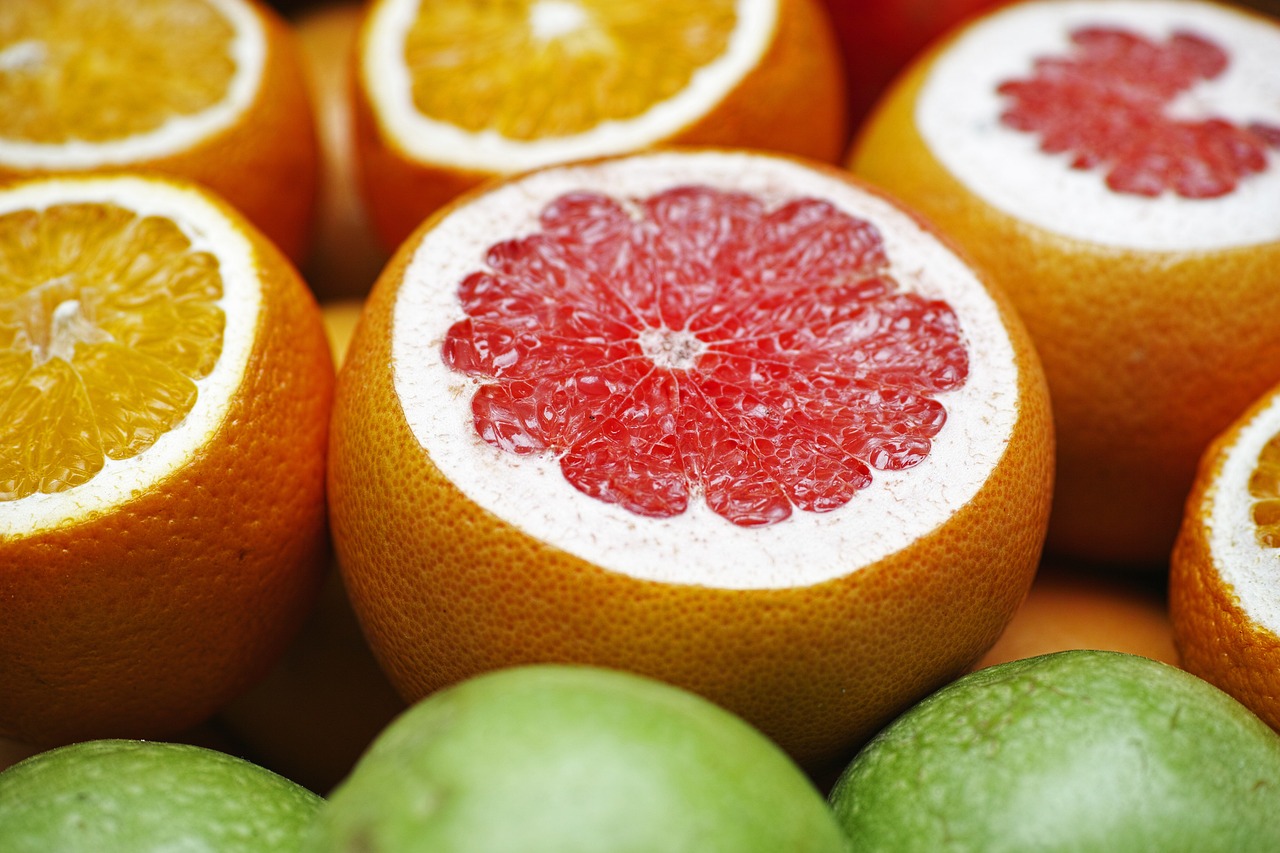
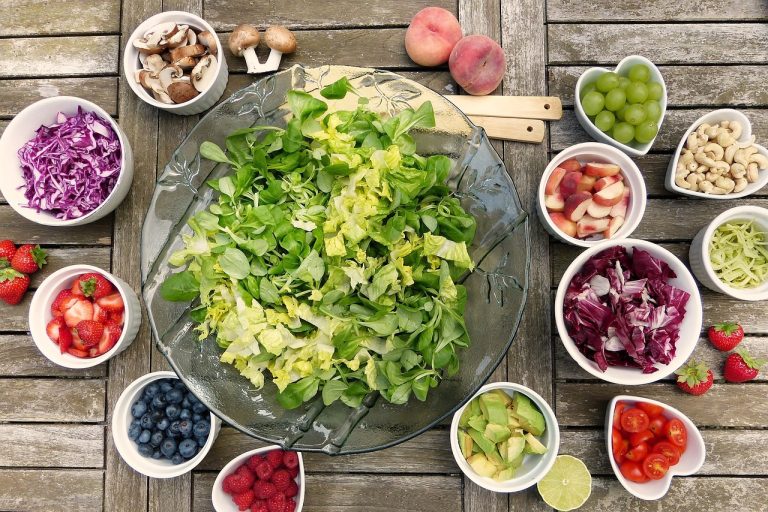
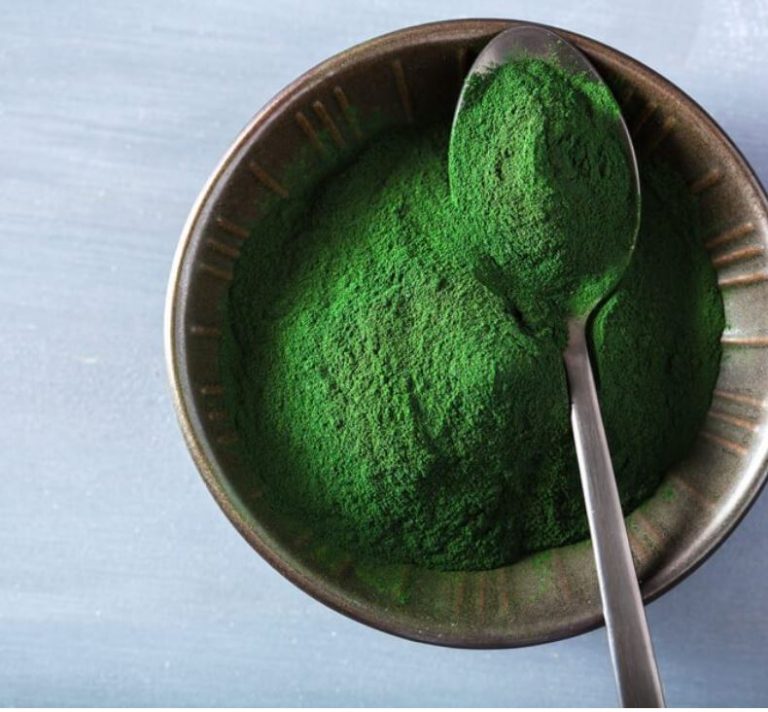
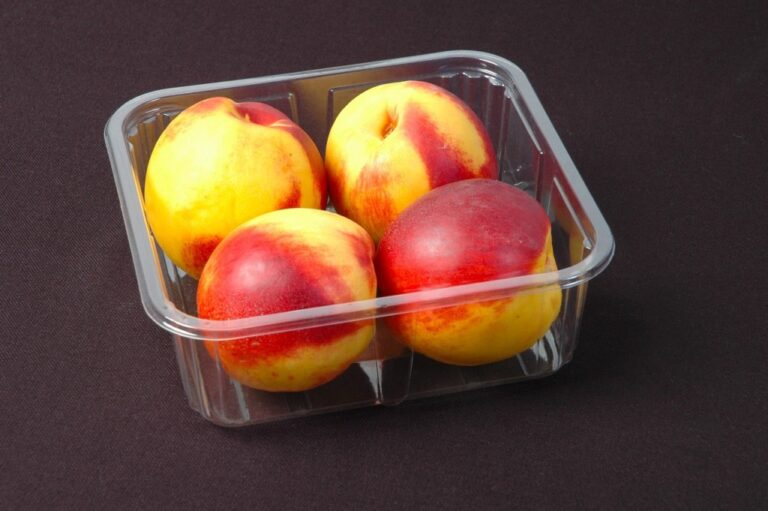


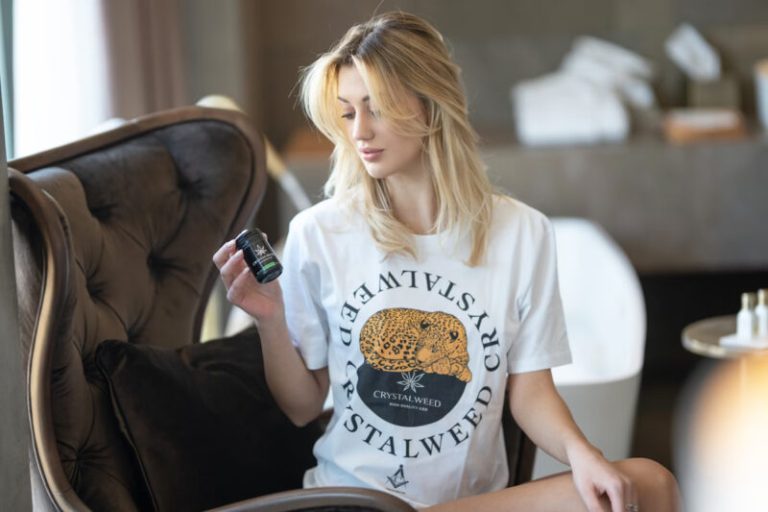





+ There are no comments
Add yours